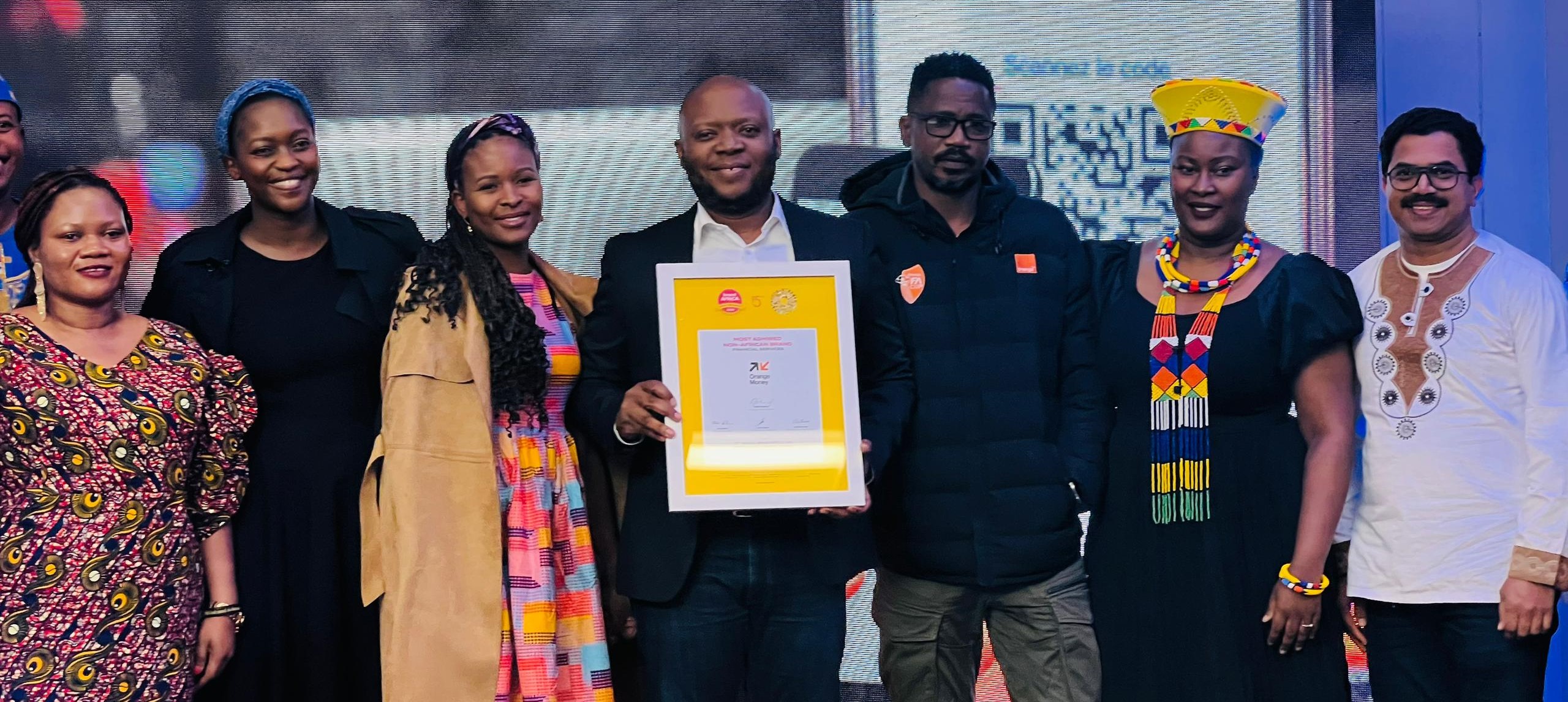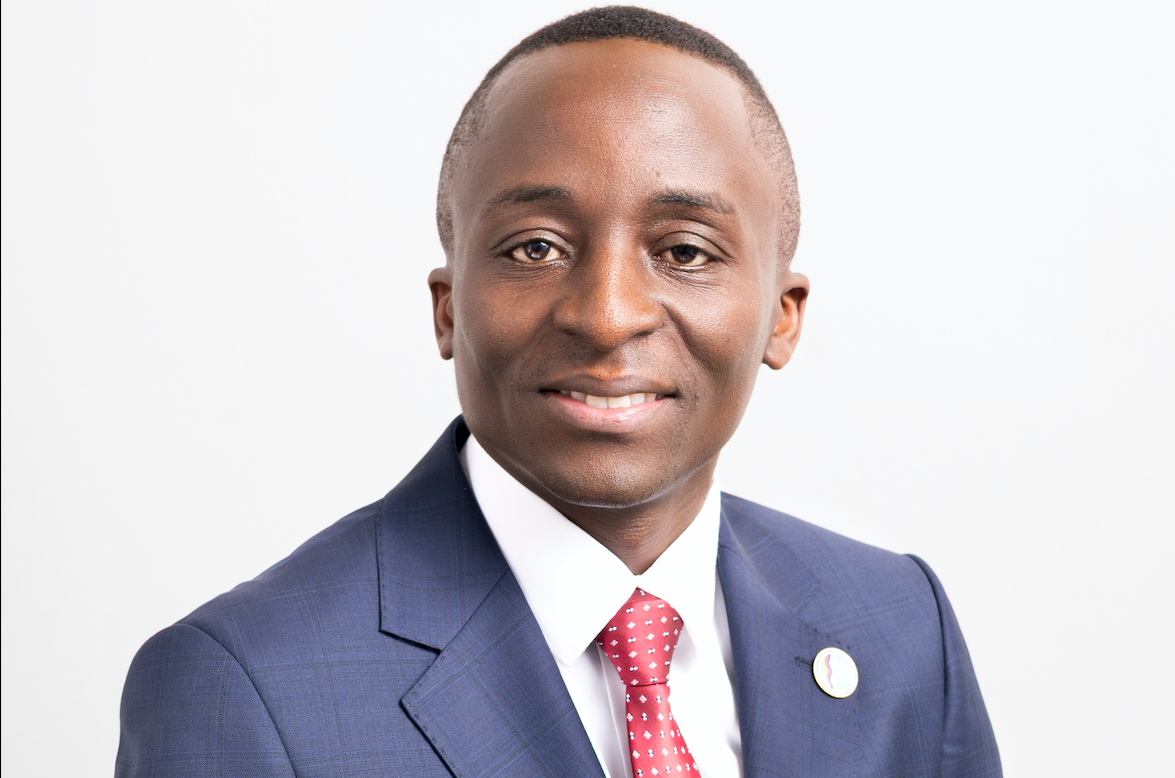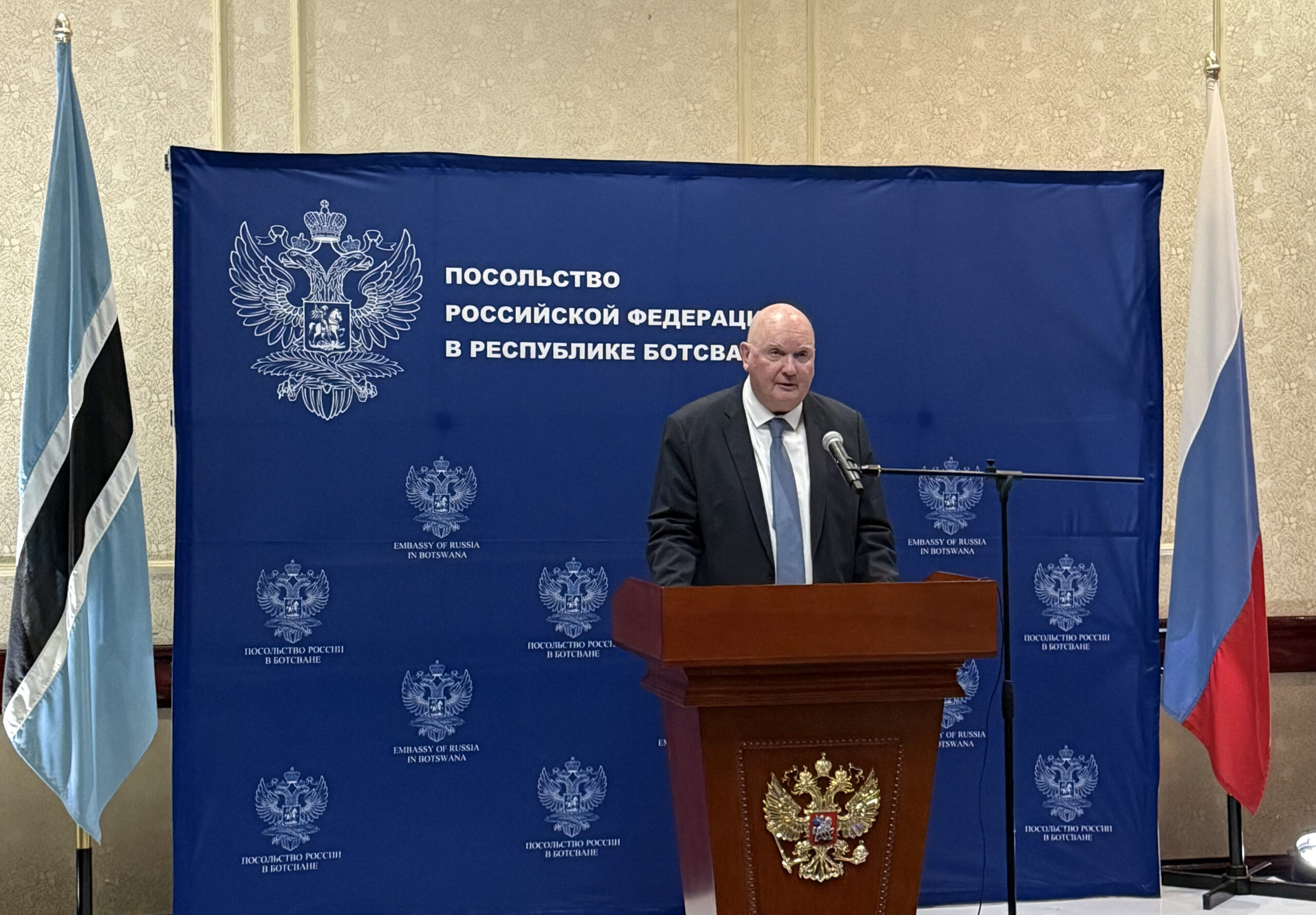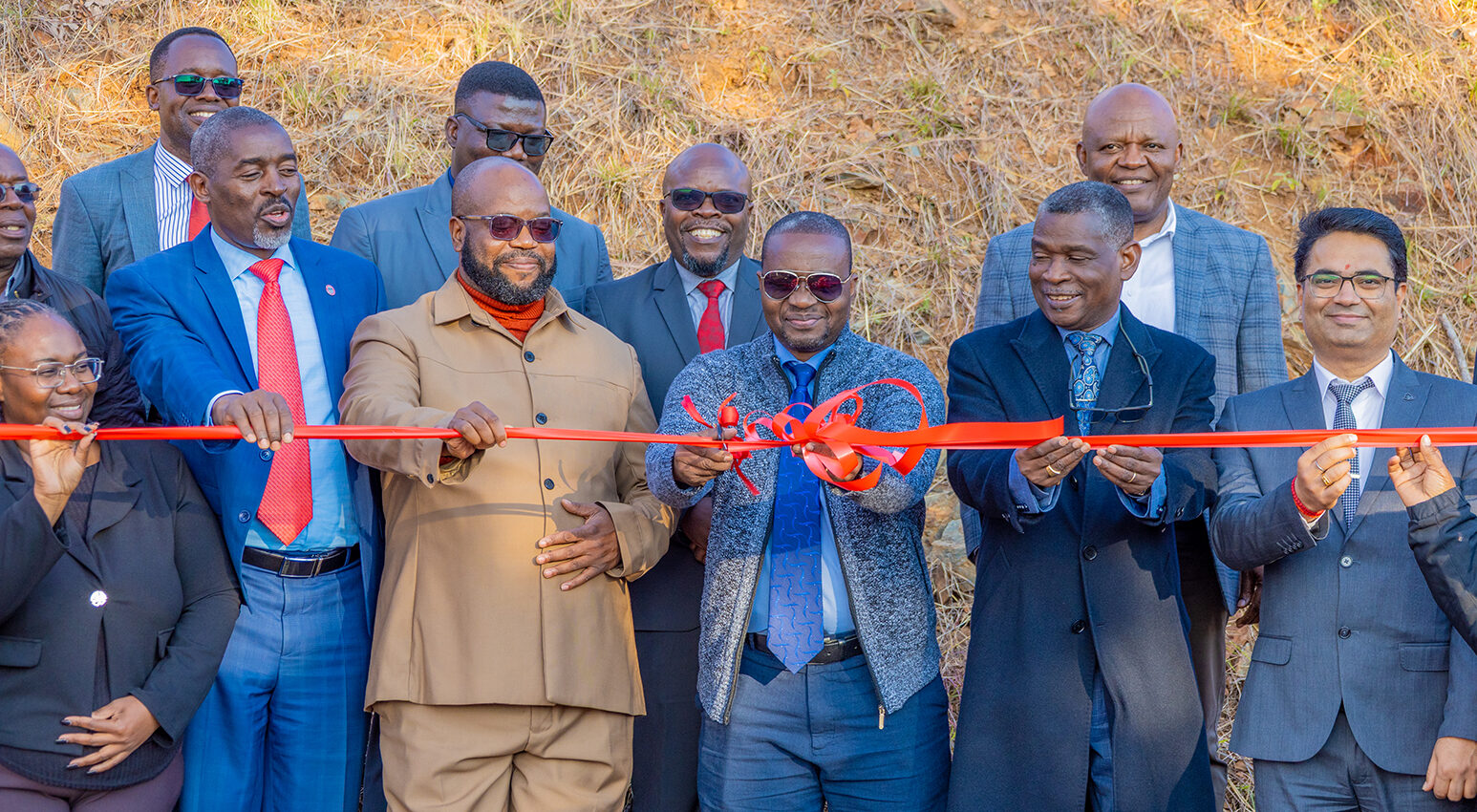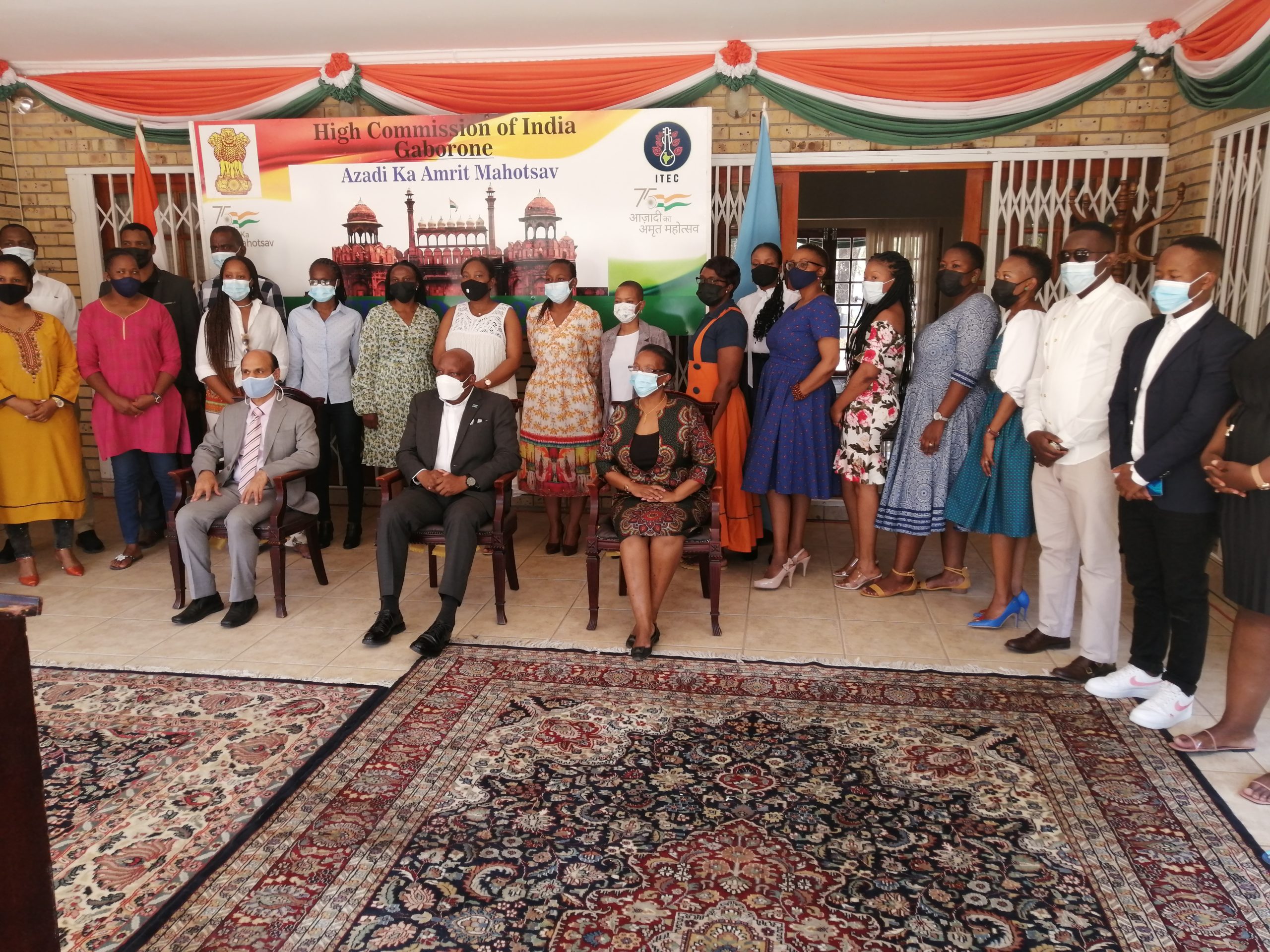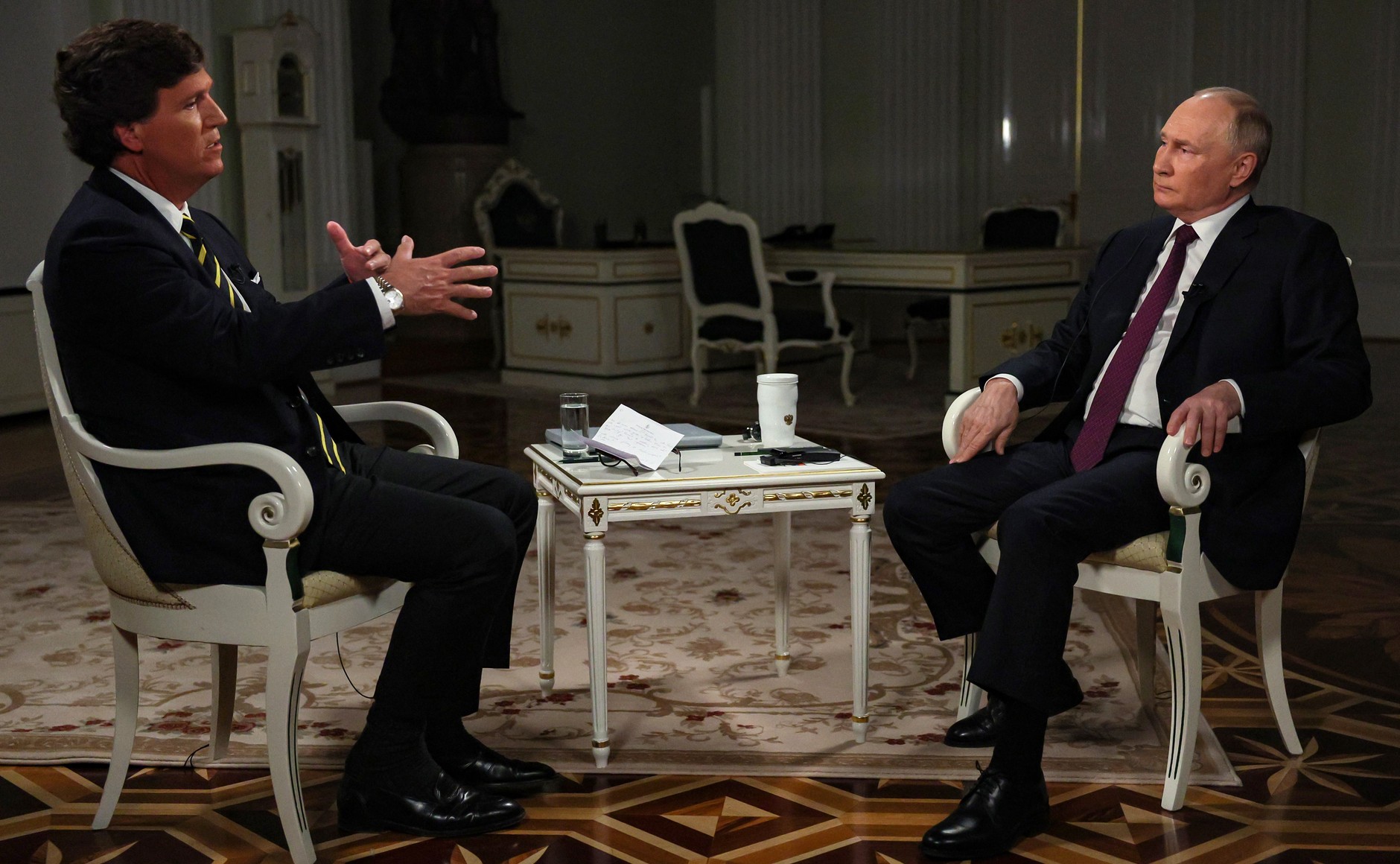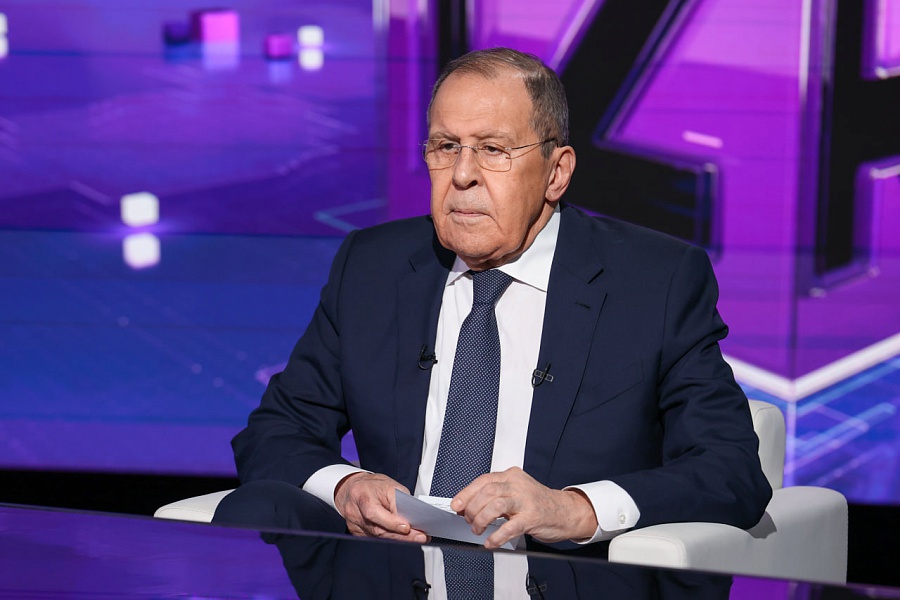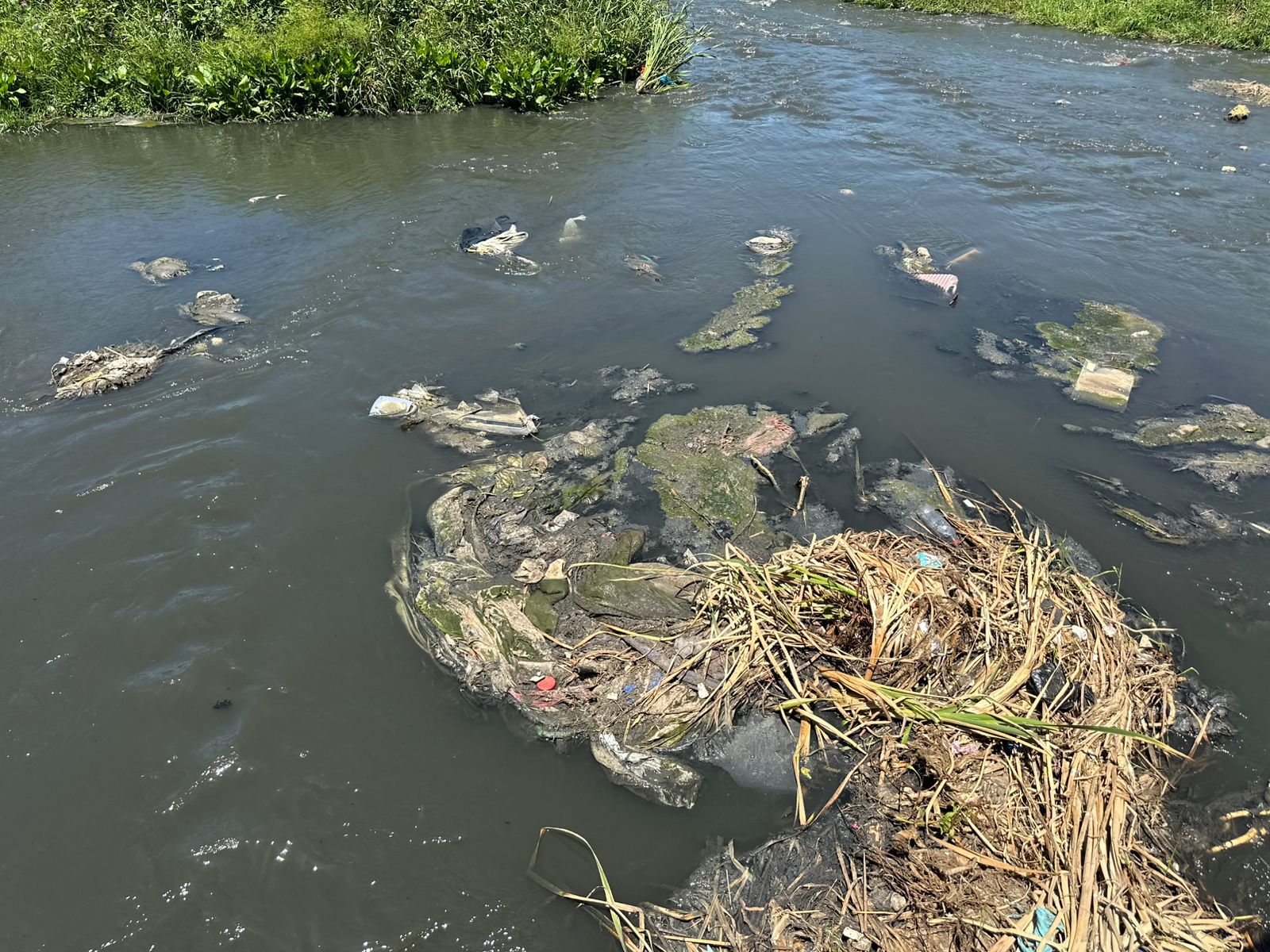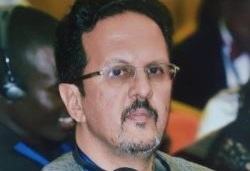
By: Malainin Lakhal – Sahrawi Diplomat
The Moroccan regime of occupation is going through a critical phase that announces its impending collapse. The institutions of the deep state, especially the Royal palace, are suffering from a clear leadership crisis, with growing questions about the legitimacy and continuity of the Royal family, as well as the successor to an absent king who spends most of his time outside Morocco, absorbed in personal desires and dubious financial deals.
In his absence, the country is left prey to a circle that has exploited its resources, taken control of the levers of power and economy, and crushed the Moroccan people under the boots of its security forces. No one has escaped their brutality, as the late Mahmoud Darwish the late Palestinian poet aptly said: “In the prison there’s room for everyone, from the elderly to infants, from clerics to union leaders and domestic workers.”

Notably, the continuation of Morocco’s brutal occupation of Western Sahara is one of the main reasons that may lead the kingdom to perdition. What Rabat seeks to impose as a colonial reality in Western Sahara is legally rejected, morally impermissible, and faces fierce resistance from the Sahrawi people, who historically refuse to bow to all expansionist ambitions.
The Sahrawis have consistently resisted the colonial agenda of France, which has supported Morocco for decades. Recently, Paris openly revealed its support for the Moroccan occupation in Western Sahara after President Macron made a clear statement, laying all of France’s colonial cards on the table. This position exposed the hypocrisy of the Fifth Republic’s slogans, which have long claimed to defend human rights and international legitimacy in other issues, but stand firmly behind the illegal occupation when it comes to Western Sahara.
However, the Moroccan regime, as a creation of France par excellence and as a protectorate of Gulf money, remains an anomaly in the international arena. It is a system that lacks sovereignty and political independence in managing its international and even domestic relations. The proof of this is the nature of the economic relationships that govern Morocco, where Western countries and Israel are the actual owners of all the kingdom’s wealth.
The regime sold everything to foreign powers, even its people, plunging the Moroccan populace into the lowest depths of poverty, ignorance, and dependence, while silencing any free Moroccan voice that tries to expose this truth—either through murder, exile, or imprisonment. The political class has been reduced to opportunists or collaborators who worship their “Commander of the Faithful,” drug lords, and a few honorable politicians struggling on the margins, oppressed and exhausted by imprisonment, torture, and intimidation.
After failing in all attempts to control Western Sahara, the Moroccan regime has thrown itself into the embrace of global Zionism, its historical twin, tying its fate to the fate of the Zionist regime, which is itself going through its final stages. In fact, the signs of the latter’s collapse are beginning to emerge, evident from the global growth of support for Palestine, even within the strongholds of the Zionist lobby in Washington.
What is truly astonishing is that despite its deteriorating economic, social, political, moral, health, and educational conditions, the Moroccan client regime continues to spend millions of dollars buying off the so-called international mass media and influencing global platforms, selling illusions not only to Moroccans but even to international public opinion, which is confused and mislead by its own media and politicians sometimes.
Instead, these resources should have been used to pay off Morocco’s debts to the World Bank and other financial institutions, or at least to improve the dire situation of the oppressed Moroccan people, such as the victims of the recent Al Haouz earthquake, or the floods and other disasters that have exposed the regime’s fragility and failure.
Morocco, which the regime’s propaganda portrays as a success story in Africa, is in reality a failed state living off drug money, income from prostitution networks, and selling its own children and underage girls to Western pedophiles. It has sold off the country’s resources at a meager price to foreign companies, leaving Moroccan investors as strangers in their own homeland, unable to compete with the foreign capital that controls all sectors of the economy. A simple look at the most prominent international companies operating in Morocco reveals the serious depletion of the country’s wealth caused by this client regime.
Moreover, the harm caused by the regime is not limited to the Moroccan people alone; it extends to neighboring countries, especially Algeria and Spain, but mostly Western Sahara, where the Moroccan settlers occupation has stolen more than five decades of the lives of the Sahrawi people, looting their resources, and involving colonial powers like France, Spain, Japan, and others in this theft, in exchange for media propaganda coverage.
Furthermore, the Moroccan regime’s harm goes beyond its borders, as it plays the role of a functional state serving Western colonial agendas, especially those of France and Israel in Africa. In this context, the regime has carried out many dirty operations in several African countries, supporting France’s reactionary regimes against the will of their people, even sending its forces to suppress these populations, as was the case in Zaire (now the Democratic Republic of Congo), where Rabat supported Mobutu Sese Seko until he was defeated in 1997 when he fled to seek asylum with his friends in Morocco, where he died alone in exile.
Similarly, former President of Burkina Faso, Blaise Compaoré, who assassinated his president Thomas Sankara in 1987, also fled to Morocco seeking asylum after popular protests forced him to step down in late 2014. However, his stay in Rabat was short, for he had to move to Ivory Coast, which granted him asylum after he sensed possible betrayal from his Moroccan friends.
Recently, the Moroccan regime has fully fallen into the trap of the Zionists, signing unprecedented security and military agreements with them, even contributing its soldiers to the war on Palestinians. It is worth noting that there are over a million Israelis of Moroccan origin, most of whom hold Moroccan citizenship and passports, and many belong to the far-right. This reveals the extent of the interrelation between the two occupying regimes, twins in both methods and goals.
Undoubtedly, the monarchy faces the likelihood of near-total collapse due to its failure to seize opportunities to achieve real independence from foreign interferences, build a strong national economy, and foster good relations with its neighbors, especially the Sahrawis, Algerians, and Spaniards, who all suffer from Rabat’s irresponsibility and expansionism.
It is also certain that Morocco will not experience stability or security as long as it insists on continuing its illegal occupation of Western Sahara. This persistence may turn Morocco into the “sick man” of North Africa, potentially fracturing into small states due to the deep divisions and hostilities that the regime has fostered among the Moroccan people based on cultural and ethnic identities.
In conclusion, it is possible to save Morocco only if the monarchy changes, and a new democratic regime is established—one that is reconciled with its people and neighbors, capable of respecting international legitimacy, and contributing to the stability needed to create a true Maghreb unity that transcends borders and serves the interests of all the region’s peoples.
